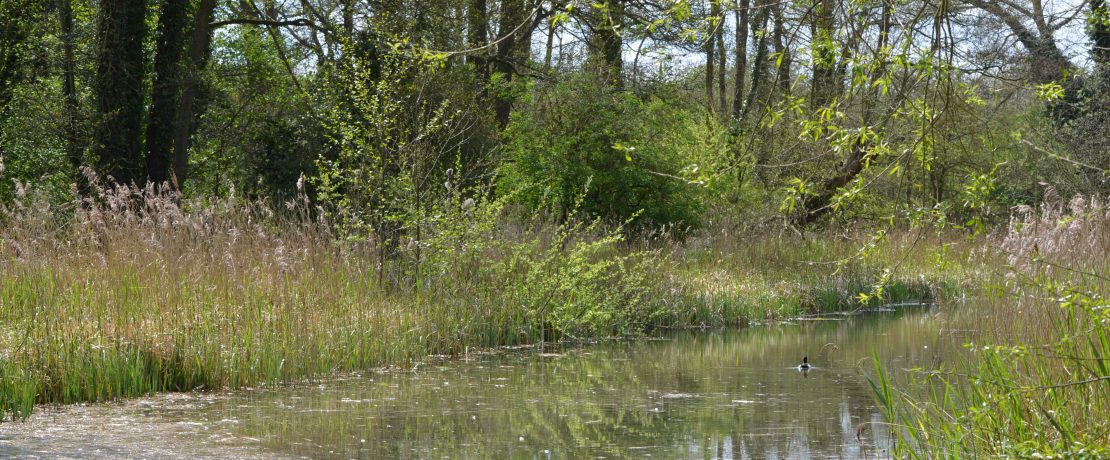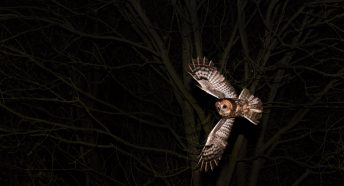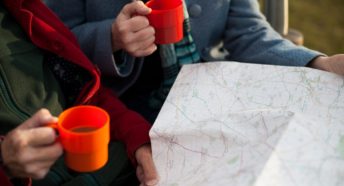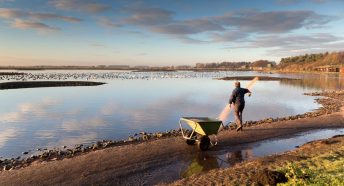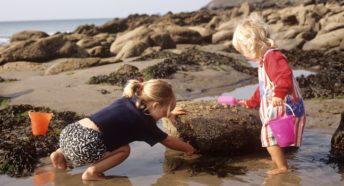When a blue view is good for you: why we love our wetlands
Our wetlands – marshes, peat bogs, reedbeds and estuaries – have, for centuries, provided people with water, food, fuel, and building materials – and they’re essential in combatting the climate emergency. We explore these special places.
Not only great for the planet, our wetlands are also spaces to explore, exercise and enjoy. And the positive impact they can have on our health is becoming increasingly clear.
Being near wetlands has been shown to be good for our physical and mental wellbeing, giving lots of chances for recreation. That could be something very active like waterskiing, but for most of us, it might just be a chance for a walk in beautiful surroundings.
Although large water bodies are often called ‘blue spaces’, they can actually put us in a good mood. WWT research shows that visits to wetlands could be used to manage anxiety and depression. One of the reasons suggested was that, for those taking part in the study, the wetland took them away from their everyday environments, allowing them space and time to relax.
Finding calm in nature
Strolling around a wetland can be a very calming experience. Perhaps it’s the sense of tranquillity we get when we look out over a peaceful expanse of water, with reed heads gently nodding in the breeze, that lifts us. Or the pleasure of seeing the nature that inhabits these spaces, such as waterbirds and dragonflies. If you want to go somewhere that’s splashing, paddling and buzzing with life, a wetland is an excellent choice.
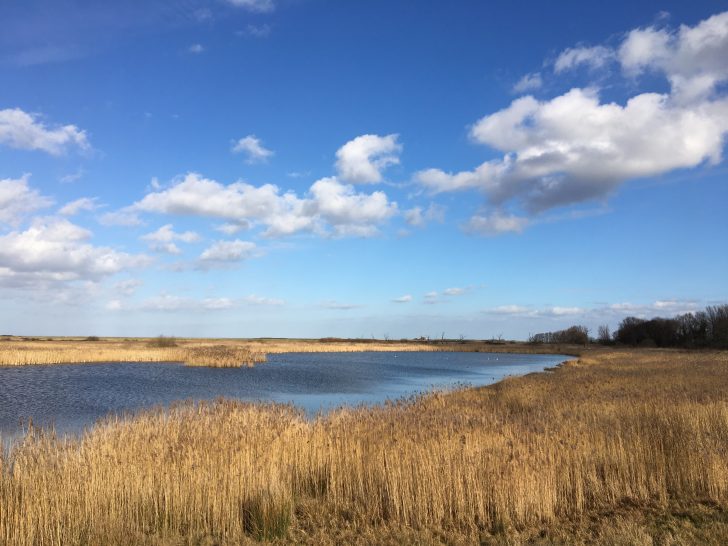
Each February, sites across the country celebrate World Wetlands Day. And it’s a great time to make a visit, if you can, to wetlands near you.
At this time of year, our wetlands are alive with ducks, geese and swans. Many are visiting us for the winter and will fly north to nest in a few weeks’ time. The ducks are in their smartest breeding plumage at this time of year, too, so it’s well worth the effort heading out to look for them.
For example, there are shovelers, with their glossy dark green heads and chestnut sides, stirring up the water to dabble for insects with their extraordinary beaks. The brilliantly-named wigeon, which prefer nibbling grass beside the water, can be heard whistling to one another, and the tiny teal, the smallest duck we see, bobs at the water’s edge.
Rare finds
You might even be lucky enough to see some more elusive wetland residents such as bitterns or otters. Both of these water specialists have made a comeback thanks to better legal protection, cleaned-up waterways and new reedbeds. Bitterns are the incredibly well-camouflaged relative of the more familiar grey heron. With a streaked pattern of black and brown feathers, they blend in perfectly with the reeds around them.
Seeing an otter is a real thrill. It’s hoped that the resurgence of their population may help drive down numbers of the American mink that have driven water voles to the brink of being lost from our rivers.
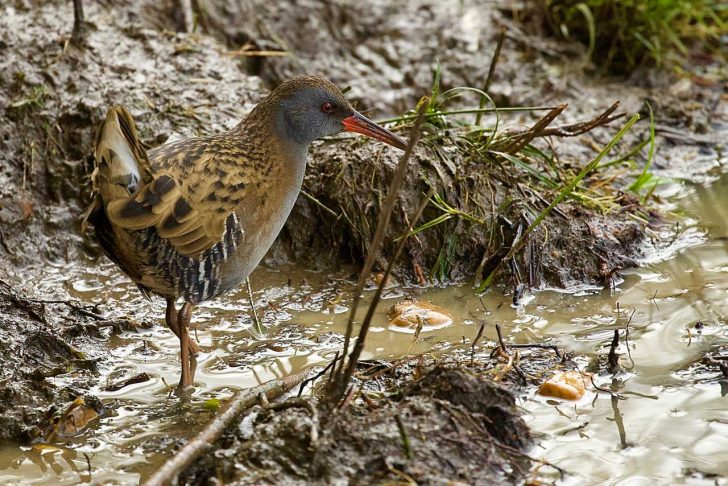
Carbon capture
As well as giving us these obviously visible highlights, wetlands are quietly getting on with the business of making our world a better place to live in. They’re crucial in fighting the climate crisis: the world’s healthiest peatlands keep twice as much carbon locked away as all of earth’s forests. They soak up excess water, reducing the risk of flooding for many communities.
So if you have a wetland nearby, why not try your neighbourhood watery oasis for your restorative leg stretch? We guarantee you’ll feel less blue afterwards …
